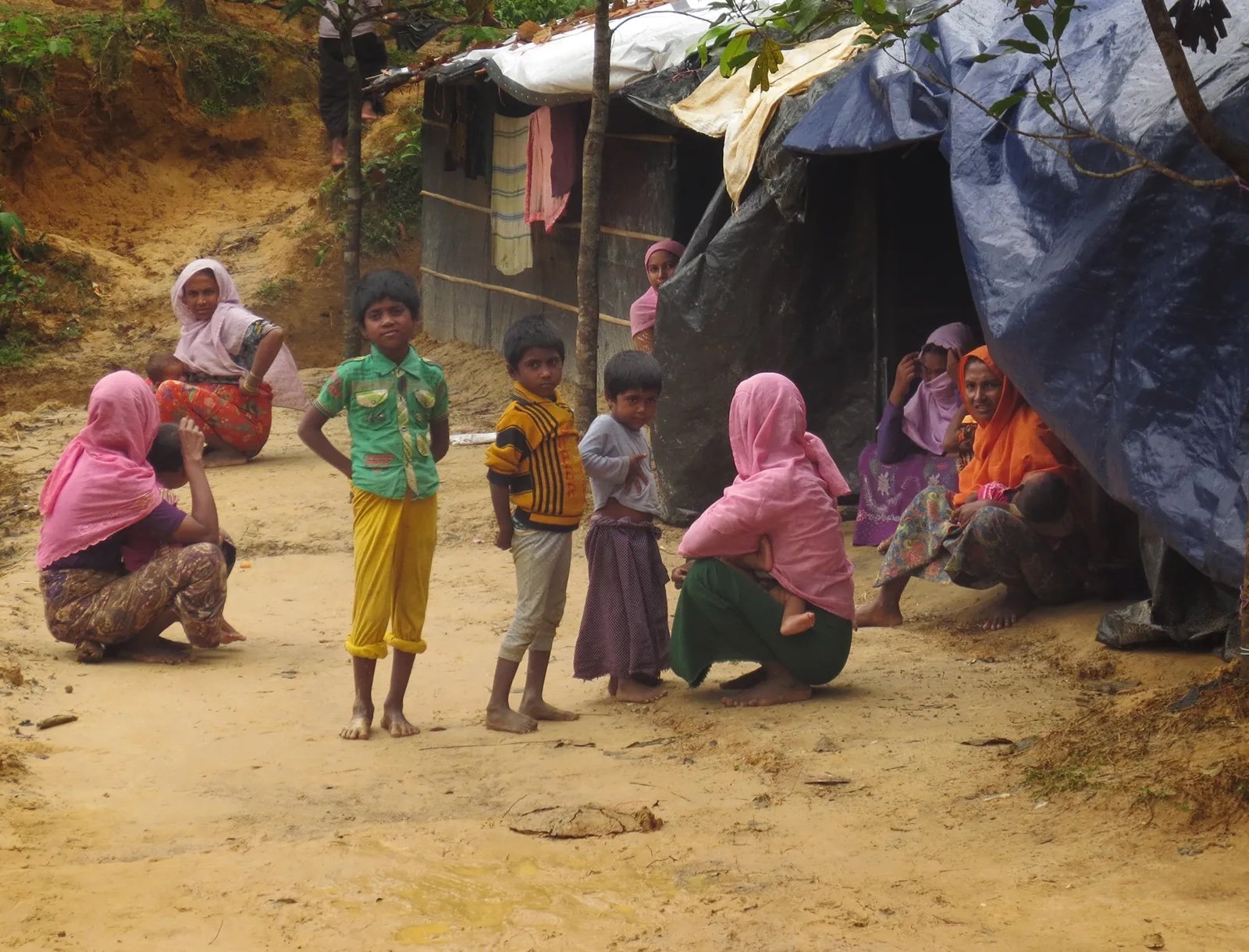Featured Stories
Stories of Impact
Filter
The Hausa of Nigeria
The Hausa people live across 16 African countries, primarily in Central and Western Africa. The majority live in Nigeria and Niger. More than 99% of Hausa are devout Muslims who believe in Allah and in Muhammad as his prophet.
The Yadav of India
The Yadav are one of the largest civilizations in history! More than 99% of this group follow the Hindu caste system and are idol worshipers.
Brick Kiln Slaves in Pakistan
Modern day slavery still exists in Pakistan. Over 14,500 brick kilns in this country oppress over 4.5 million slaves. Most are owned by Muslims.
The Rohingya of Bangladesh
The 100% Muslim Rohingya people have been pushed out of Myanmar (a Buddhist country) into Bangladesh. The UN described the atrocities inflicted upon the Rohingya as “textbook examples of genocide and ethnic cleansing.”







